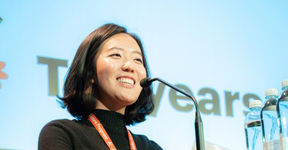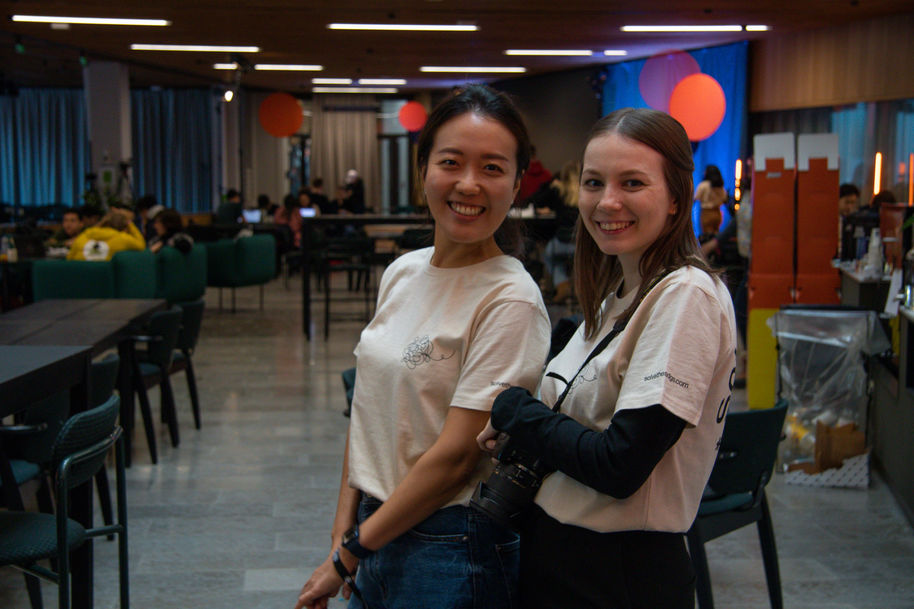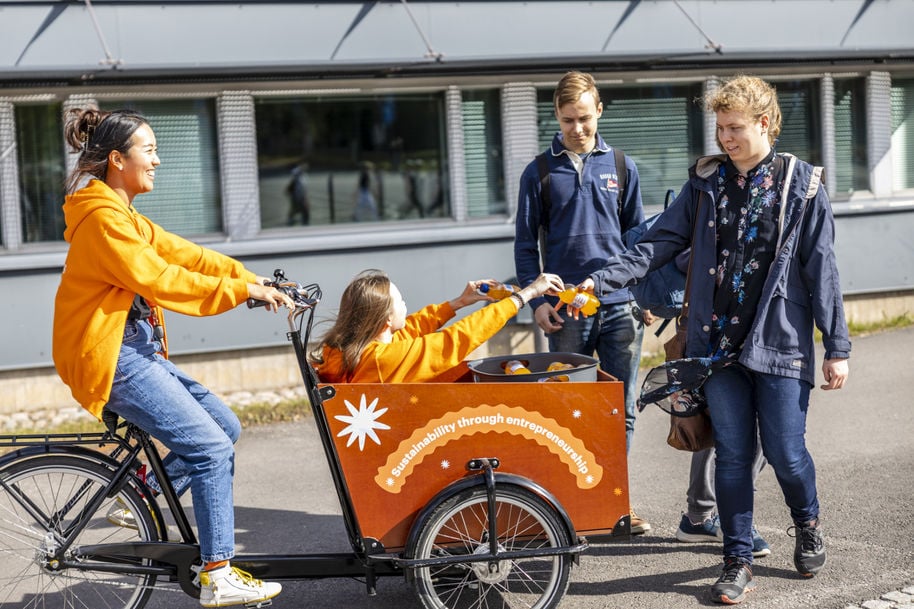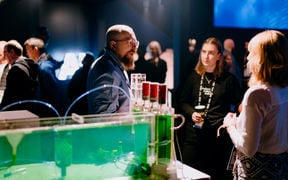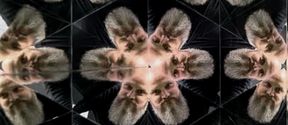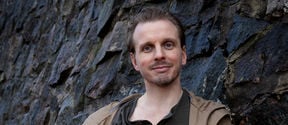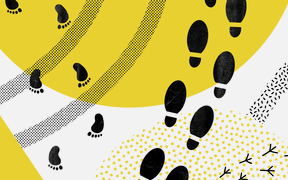What is it like to walk in your shoes?
I’ve learned a lot in this country. I don’t know if it’s Aalto or Finland, but I’m a totally different person now. Korea is very different from Finland. In Korea, exams and finding the correct answers are considered important, whereas in Finland, the students learn to think and ask the right questions. Everything is about collaboration. My values have also changed — I now find family and nature more important than before.
At AVP, we are a small team of around 15 people, and we have two different functions: university teachers and service staff. Their ways of working are different, and my role is to balance and connect these two worlds. We try to blend different working styles, foster a culture of open communication and collaboration, and constantly reflect on our progress and challenges.
What is the role of AVP at Slush?
At Slush, we’ve been directly involved with volunteer training and helping with the volunteer area. We provide what the volunteers need to have some fun and rest, and, in turn, Slush gives us vendor badges. We also contribute to hosting the Aalto stand.
Last year, we did a side event called Deep Tech Networking Dinner with Slush and Aalto Innovation Services. We invited Aalto researchers, and Slush invited early-stage investors and entrepreneurs in the relevant fields. It was a very small and private event with more researchers than other stakeholders. The researchers were thrilled to meet other researchers outside of their own research groups.
This year, we will collaborate with Aaltoes to organise a side event for empowering women entrepreneurs. We'll also have another event with Mimir Fellows to connect international ES communities. Next year, we'd like to have a bigger scale deep tech networking event.
We have heard from our staff visiting Slush that the Aalto stand is probably the only place where every project tackles a bigger problem instead of just making money. Coming to the Aalto stand is all about how we can make the world better, and that’s well integrated into everybody’s thinking.
Do you want to share a moment of failure and what you learned from it?
When I was taking an entrepreneurship class, we learned the different factors that cause startups to fail. One of them is the co-founder problem, which also became my fate. I started an e-commerce company together with my friends, and it failed. I still want to be an entrepreneur at some point in the future, though.
I’ve learned it’s not a big deal if something doesn’t work. Relationships are very important, and they affect us emotionally more than the workload. I think I’ve learned to deal with different people better, even though I’ll probably never master it. I’m trying to think that MJ, in the end, you’re not too important.
What do you do in your free time, and why is it important to you?
In the summertime, I play golf. I also used to do horseback riding, but I couldn’t do both. When I was a student and introduced entrepreneurship to the faculty, I started my presentation with a horse riding picture. My message was that you’ll fall, and it hurts. You can’t breathe for a few seconds but still get back up and keep going. I was so afraid of horseback riding every time, but I enjoyed the feeling of doing it anyway.
I started golf a couple of years ago, and it practices resilience. It’s a fight against yourself. When I read the book ‘Golf is Not a Game of Perfect,’ I realised we are saying the same things about entrepreneurship.
Interview: Tiina Aulanko-Jokirinne
